Regular car maintenance is essential for every car owner, especially for beginners. By dedicating time and effort to basic upkeep, beginners can significantly enhance their vehicle’s longevity, performance, and safety. Neglecting maintenance can lead to costly repairs and compromise safety on the road.
Embrace a proactive approach to your car care. This will save you money in the long run. In addition, it will provide peace of mind during your journeys. In this guide, we will explore the top 10 car maintenance tips for beginners.
This guide will cover everything from oil changes to brake inspections. These car maintenance tips will help you confidently maintain your car and enhance its overall lifespan. So, let’s get started!
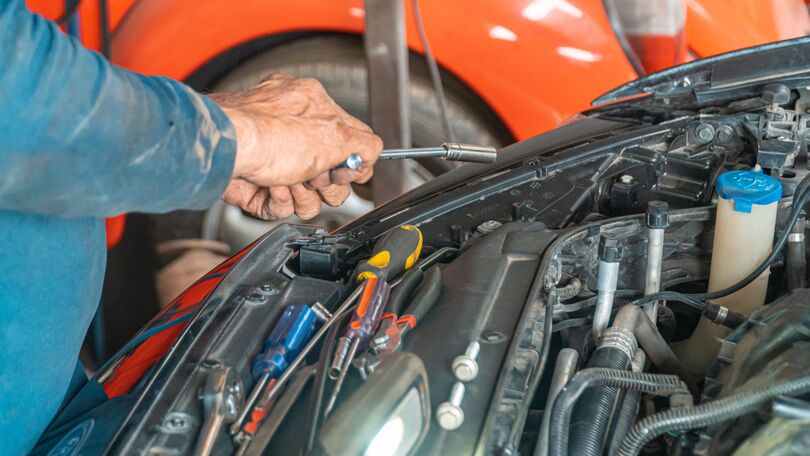
Essential Car Maintenance Tips for Beginners:
Here are some ultimate car maintenance checklist that you must not ignore:
1. Regular Oil Changes:

Frequent oil changes are vital to keep your engine running smoothly. Aim to change the oil every 5,000 to 7,500 miles. You can also change the engine oil as recommended by your car’s manufacturer. Fresh oil ensures proper lubrication, reduces engine wear, and enhances fuel efficiency. By prioritizing regular oil changes, you can ensure that your engine remains healthy, efficient, and reliable for years to come.
2. Checking and Replacing Filters:
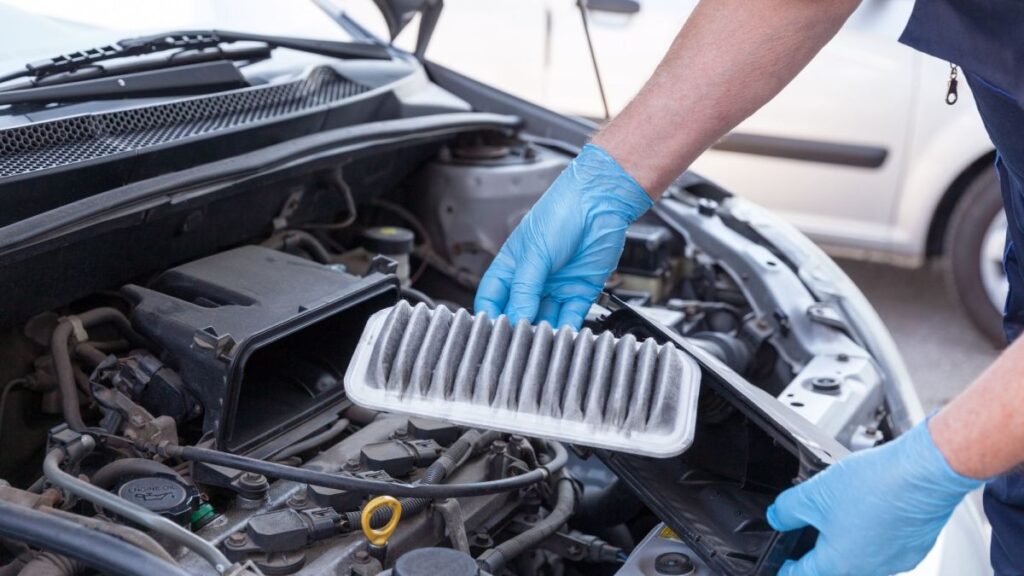
Air filters and fuel filters play crucial roles in your car’s performance. Regularly inspect and change them as recommended. Clogged filters hinder airflow and reduce engine efficiency. Clean filters ensure better engine performance and lower fuel consumption.
3. Tire Care and Rotation:
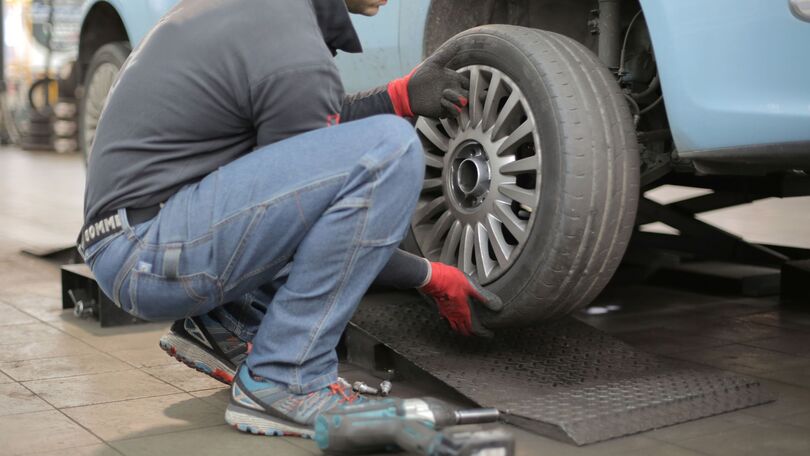
Monitor tire pressure and inspect for wear regularly. Properly inflated tires improve fuel efficiency and reduce the risk of blowouts. Rotate your tires every 5,000 to 7,000 miles to ensure even wear. This will extend your car’s lifespan.
4. Brake Inspection:
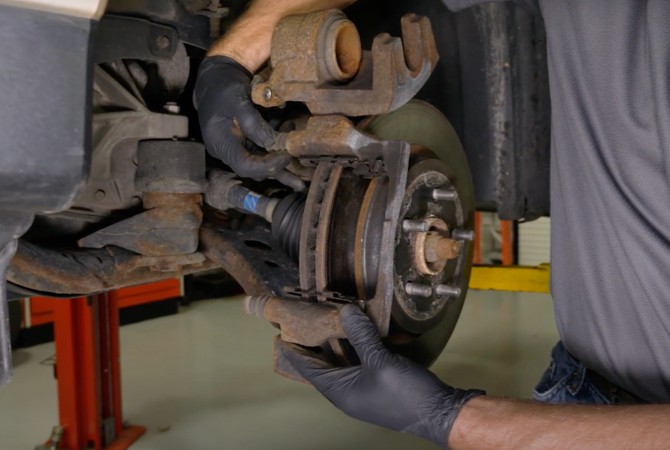
Regular brake inspections are essential for your safety. Listen for squealing or grinding noises. Have your brakes checked immediately if you notice any issues. Prompt maintenance prevents costly brake system damage and ensures reliable stopping power.
5. Battery Care:
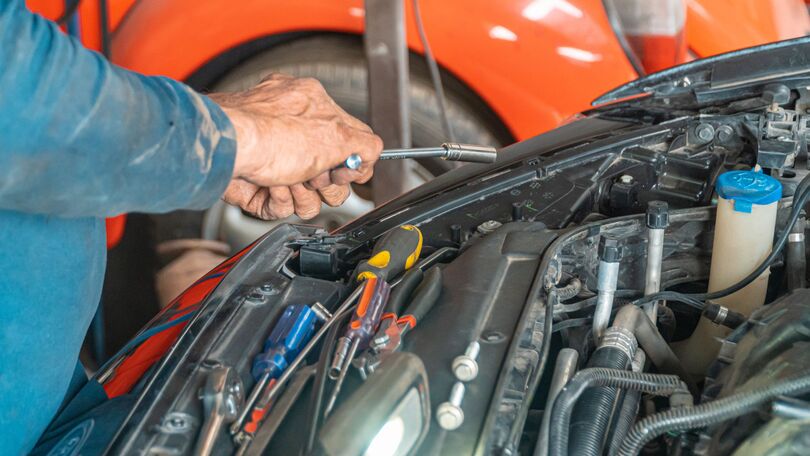
To avoid unexpected breakdowns, check the battery terminals for corrosion. Keep the batteries always clean. Test your battery’s voltage regularly. Replace the battery if it shows signs of deterioration. This will help you maintain a reliable starting system.
6. Fluid Checks:

Regularly inspect and top up essential fluids, such as coolant, transmission fluid, brake fluid, and power steering fluid. Proper fluid levels are vital for your car’s various systems to function correctly.
7. Belts and Hoses:

Inspect belts and hoses for signs of wear or cracks. Replace them as needed to prevent engine damage and potential breakdowns.
8. Proper Washing and Waxing:
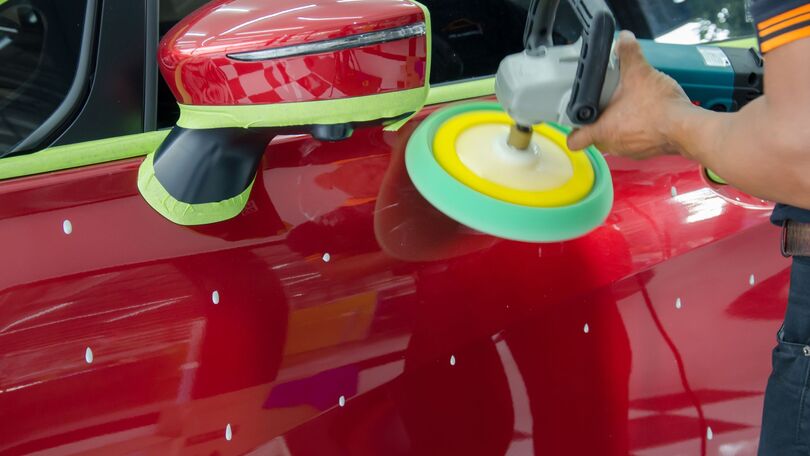
Keep your car’s exterior clean and protected with regular washing and waxing. This will enhance your car’s appearance and protect the paint from environmental damage.
9. Air Filter Replacement:
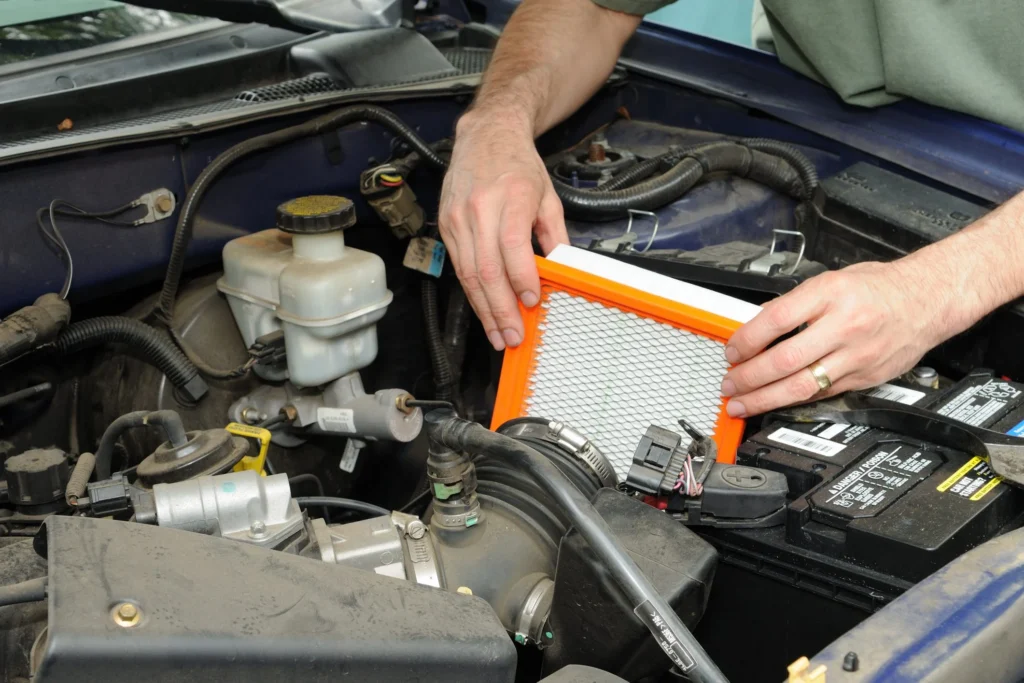
Replace the air filter as recommended to maintain optimal engine performance. A clean air filter allows for better airflow. As a result, fuel efficiency gets improved, and emissions get reduced.
10. Routine Check-ups:
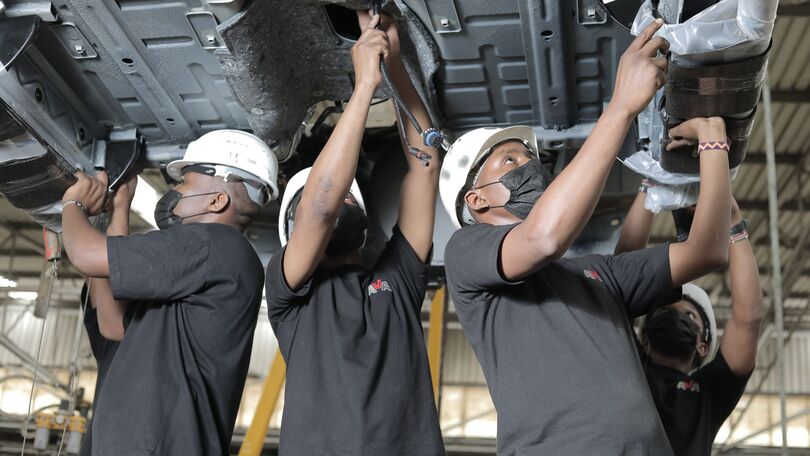
Schedule regular check-ups with a certified mechanic to identify any potential issues early on. This proactive approach will save you from costly repairs. Also, your car runs smoothly.
Effective Tips and Trips for a Well-Maintained Car :
- Regular Oil Changes
- Check Fluid Levels
- Inspect and Maintain Tires
- Brake Maintenance
- Air Filter
- Battery Care
- Cooling System
- Regular Check-ups
- Keep It Clean
- Drive Gently
- Follow the Owner’s Manual
- Timing Belt/Chain
- Exhaust System
- Check Lights
- Wiper Blades
- Drive Your Car
- Listen and Feel
- Emergency Kit
Following the above-discussed vehicle maintenance tips will help you do basic maintenance for your car.
Final Thoughts: Your Path to a Well-Maintained Car
Maintaining your car is not just about keeping it running—it’s about ensuring your safety, optimizing performance, and extending its lifespan. By implementing the essential vehicle care tips discussed above, you’re taking a proactive approach that can save you time, money, and hassle in the future.
Even if you’re new to car ownership, these simple maintenance habits will empower you to take control of your vehicle’s health. With a little attention and care, you’ll maintain a car that not only runs smoothly but also brings a sense of pride and security every time you hit the road.
So, stay engaged with your car’s needs, and you’ll enjoy a smoother, more reliable driving experience every time you start your engine. Your car will thank you, and so will your wallet!
FAQs:
How often should I change the engine oil in my car?
Change the engine oil every 5,000 to 7,500 miles. You can also change the engine oil as recommended by the car’s manufacturer.
What tire pressure should I maintain on my car’s tires?
Maintain the recommended tire pressure as specified in your car’s owner’s manual. You can also follow what is specified on the driver’s side door jamb.
How do I know when it’s time to replace the car’s air filter?
Replace the car’s air filter every 12,000 to 15,000 miles or as advised by the manufacturer. You can also do this when the filter appears dirty or clogged.
What are the signs that indicate my car’s brakes need maintenance?
Signs of brake maintenance needs include squealing, grinding noises, decreased responsiveness, or a soft brake pedal.
How can I maintain my car’s battery to prevent unexpected breakdowns?
Maintain your car’s battery by checking for corrosion. Keep terminals clean and test its voltage regularly.
What are the essential steps to keep the car’s exterior paint in good condition?
Protect the car’s exterior paint. Wash the car, do waxing, and park it in shade to prevent sun and environmental damage.
How do I check and maintain the car’s cooling system to prevent overheating?
Regularly check coolant levels, inspect hoses for leaks, and ensure the cooling fan operates correctly.
How can I ensure my car’s engine stays in good condition over the long term?
Follow the recommended maintenance schedule. Use high-quality oil and address issues promptly.
